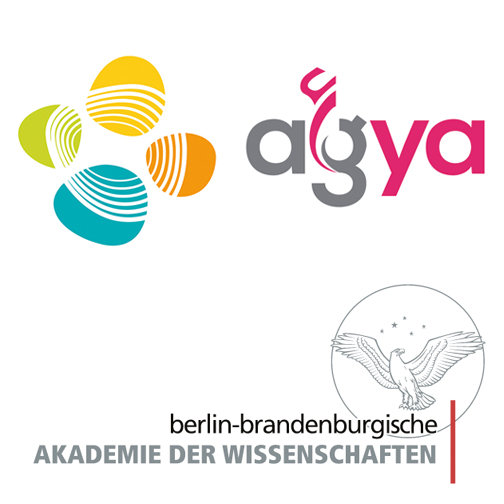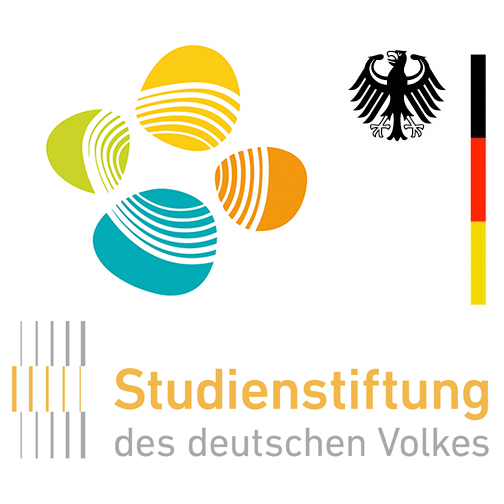
Regional Education
Prof. Dr. Dominik L. Michels
Education has become part of the international market economy – schools and universities compete worldwide. To be competitive, early childhood education is the foundation. In Germany, early childhood education is often approached in the context of social inequalities, whereas in the Arab world, the improvement of school and university education is prioritized. Participating in the working group on Arab and German education as part of the AGYA project at the Berlin-Brandenburg Academy of Sciences and Humanities and serving as the education lead for Visual Computing at KAUST, we are involved in academic outreach activities in the Arab world. The working group also compares the scientific awareness of school children and major challenges of young scholars in the academic landscapes. By mapping the current situation in different regions and creating a network for knowledge exchange, the group intends to identify best practices to increase the capacity of emerging students and scholars.


